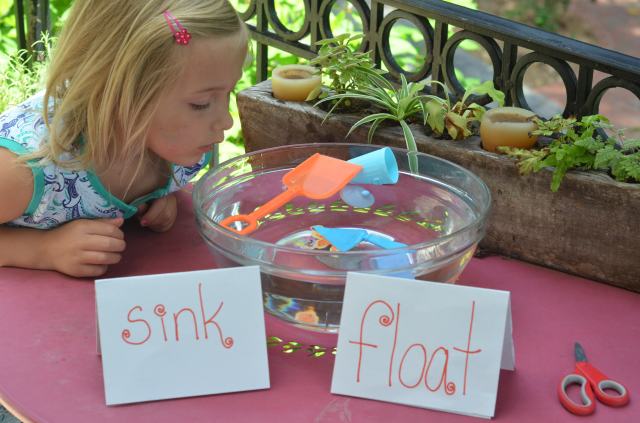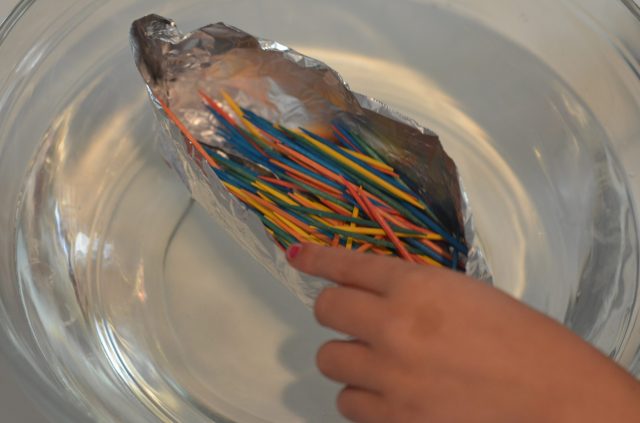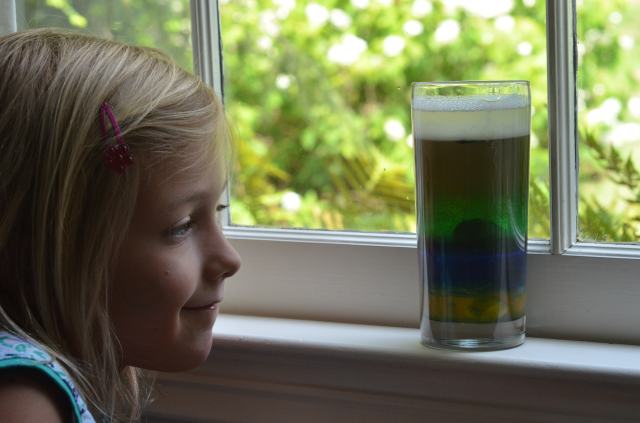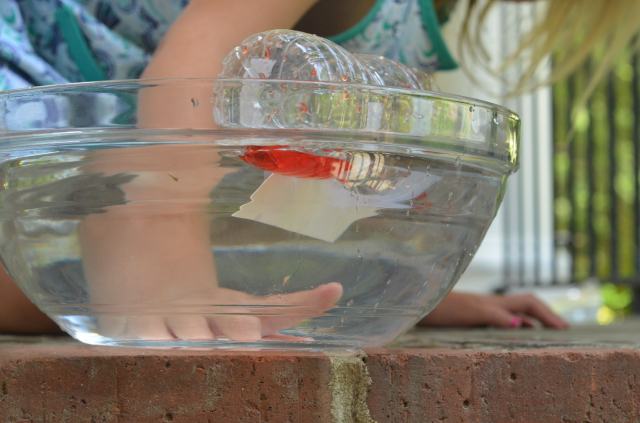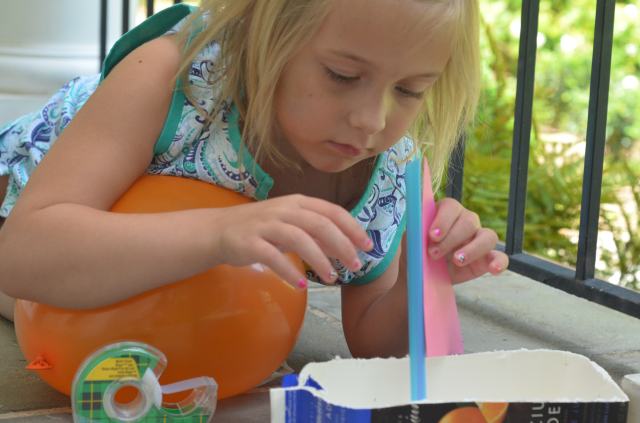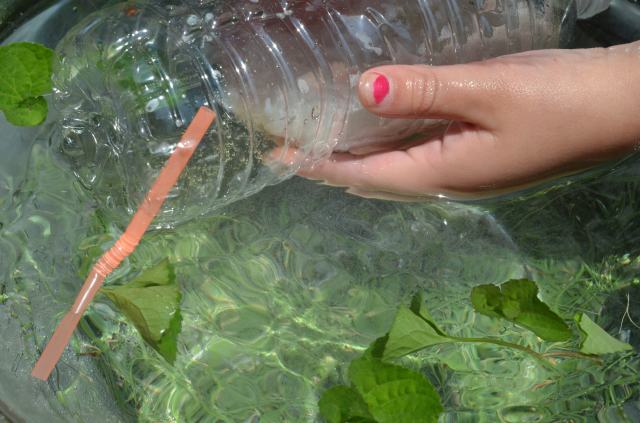When you’re a parent—especially during COVID—sometimes, “absolutely not” becomes “whatever floats your boat” a little more frequently. And, because they’re kids, you’d better be prepared for their millions of questions about what that really means, exactly. So teach them with a fun at-home scientific activity! A day of boating science is as fun as it is educational, and we’ve got six simple science experiments for kids that are bound to make some waves!
All photos by the author.
Advertisement
